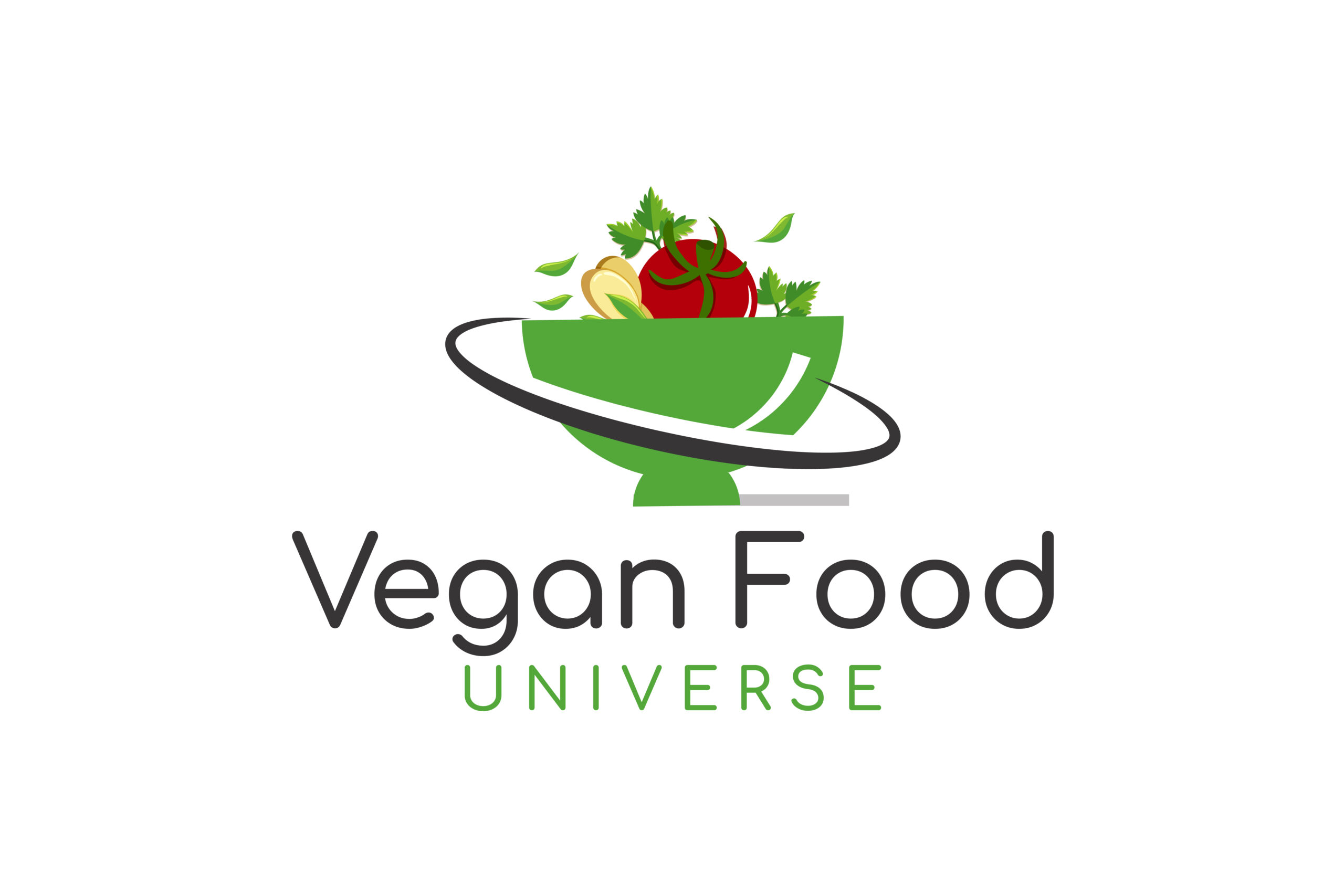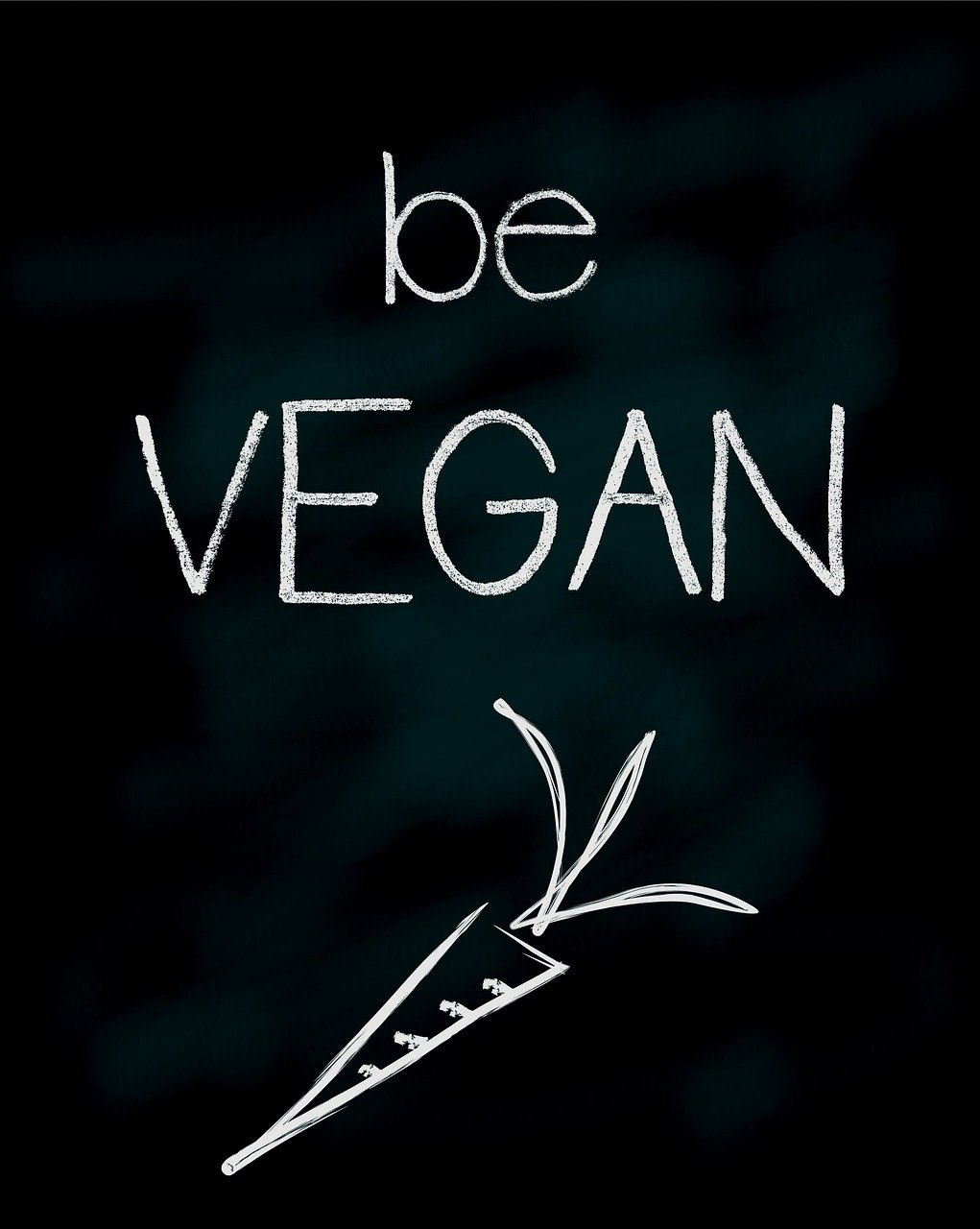The Ultimate Guide: Weighing the Pros and Cons of Embracing a Vegan Lifestyle
>> Click Here For The Simple and Delicious Vegan Cookbook
Understanding the Vegan Lifestyle
As veganism continues to surge in popularity, it’s essential to grasp its core principles and implications. Veganism entails abstaining from all animal products, advocating for a plant-based diet, and aligning with ethical and environmental concerns. In this article, we aim to provide a comprehensive analysis of the pros and cons of adopting a vegan lifestyle, offering readers insight into the various facets of this dietary choice.
Pros of Being Vegan:
Ethical and Environmental Advantages
• Animal Welfare: By eschewing animal products, individuals take a stand against animal cruelty and exploitation.
• Environmental Impact: Embracing veganism translates to a reduced carbon footprint and the conservation of vital resources.
• Conservation of Biodiversity: Opting for a plant-based diet contributes to preserving ecosystems and safeguarding wildlife habitats.
Health Benefits
• Lower Risk of Chronic Diseases: Research suggests a correlation between vegan diets and decreased rates of heart disease, diabetes, and certain cancers.
• Increased Nutrient Intake: Plant-based foods offer a rich source of fiber, vitamins, minerals, and antioxidants crucial for optimal health.
• Weight Management: The emphasis on whole, plant foods facilitates easier calorie control and may aid in weight loss efforts.
Improved Digestion and Gut Health
• Higher Fiber Intake: A vegan diet typically includes more fiber, promoting better digestion and reducing the risk of constipation.
• Beneficial Gut Microbiota: Plant-based diets may foster a healthier gut microbiome, potentially enhancing immune function.
• Reduced Risk of Digestive Disorders: Studies suggest a lower incidence of diverticulitis and colon-related diseases among those adhering to a vegan lifestyle.
Ethical and Environmental Advantages (repeated for emphasis)
• Animal Welfare: Avoiding support for animal cruelty and exploitation.
• Environmental Impact: Reduced carbon footprint and conservation of resources.
• Conservation of Biodiversity: Preserving ecosystems and wildlife.
Cons of Being Vegan:
Nutritional Challenges
• Meeting Nutrient Requirements: Vegans may face deficiencies in essential nutrients like vitamin B12, vitamin D, iron, zinc, and omega-3 fatty acids.
• Need for Careful Meal Planning: Ensuring a well-rounded diet necessitates meticulous attention to macronutrient balance and food diversity.
• Limited Food Choices: Finding vegan options can be challenging in certain regions or social settings, requiring careful navigation.
Social and Practical Implications
• Limited Dining Options: Dining out or attending social events may pose challenges due to the scarcity of vegan-friendly establishments.
• Lack of Convenience: Vegan meal preparation can be time-consuming, and specialized ingredients may incur higher expenses.
• Social Stigmatization: Vegans may encounter criticism, misunderstandings, or social pressures regarding their dietary choices.
Difficult Transition Period
• Initial Adjustment Challenges: Transitioning to a vegan lifestyle involves breaking old habits and adapting to a new dietary paradigm.
• Cravings and Temptations: Overcoming the desire for non-vegan foods can be challenging, especially during the early stages of adoption.
• Potential Nutrient Imbalance: Without adequate knowledge or guidance, individuals may inadvertently make suboptimal dietary choices.
Conclusion: Is Veganism Right for You?
As we’ve explored, the decision to embrace veganism is multifaceted and deeply personal. It’s crucial to weigh the pros and cons carefully, considering factors such as ethical beliefs, health goals, and practical feasibility. Whether you choose to adopt a vegan lifestyle outright or opt for a gradual transition, the key is to align your dietary choices with your values and priorities. Ultimately, by making informed decisions, you can pave the way for a healthier, more sustainable future—for yourself, the planet, and all its inhabitants.
Copyright VeganFoodUniverse.com. All rights reserved © 2024.


Recent Comments